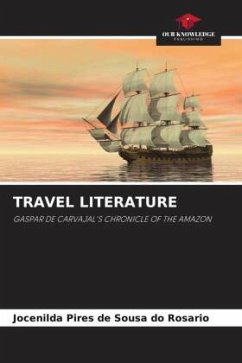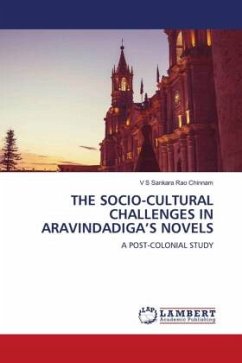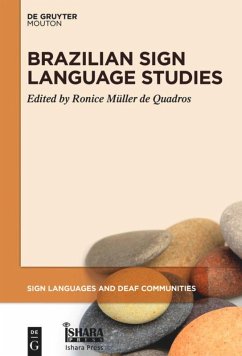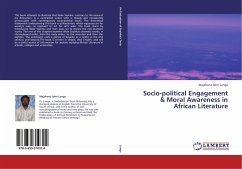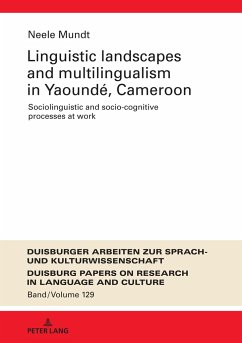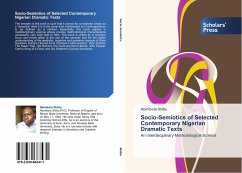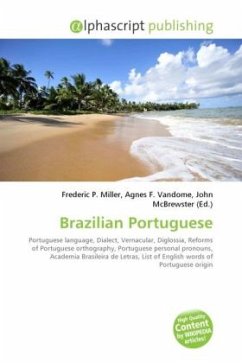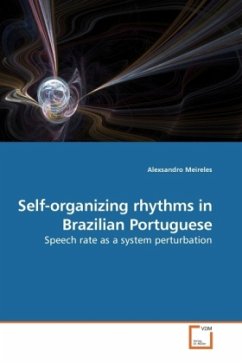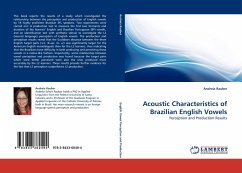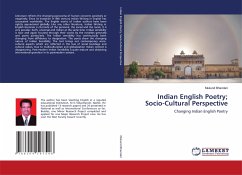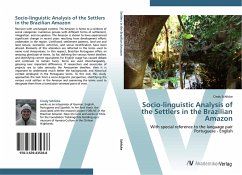
Socio-linguistic Analysis of the Settlers in the Brazilian Amazon
With special reference to the language pair Portuguese - English
Versandkostenfrei!
Versandfertig in 1-2 Wochen
32,99 €
inkl. MwSt.

PAYBACK Punkte
16 °P sammeln!
Revision with unchanged content. The Amazon is home to a rainbow of social categories: numerous groups with different forms of settlement, integration, and occupation. The Amazon is shown to have experienced significant change in recent years resulting from development efforts undertaken in the region. Livelihood, settlement patterns, land use and land tenure, economic activities, and social stratification have been altered. Elements of this alteration are reflected in the terms used to name rural Amazonians. In this respect, Brazilian Portuguese offers an amazing plenitude of terms. So far, d...
Revision with unchanged content. The Amazon is home to a rainbow of social categories: numerous groups with different forms of settlement, integration, and occupation. The Amazon is shown to have experienced significant change in recent years resulting from development efforts undertaken in the region. Livelihood, settlement patterns, land use and land tenure, economic activities, and social stratification have been altered. Elements of this alteration are reflected in the terms used to name rural Amazonians. In this respect, Brazilian Portuguese offers an amazing plenitude of terms. So far, defining the various forest dwellers and identifying correct equivalents for English usage has caused debate and continues to remain fuzzy. Terms are used interchangeably, glossing over important differences. If researchers and associates of projects are to take seriously the Amazonian dwellers, then it is important to understand much better the backgrounds and historical context employed in the Portuguese terms. To this end, this study approaches the task from a socio-linguistic perspective, identifying the various rural settlers in the Amazon and examining the terms used to designate them from a translation-oriented point of view.



